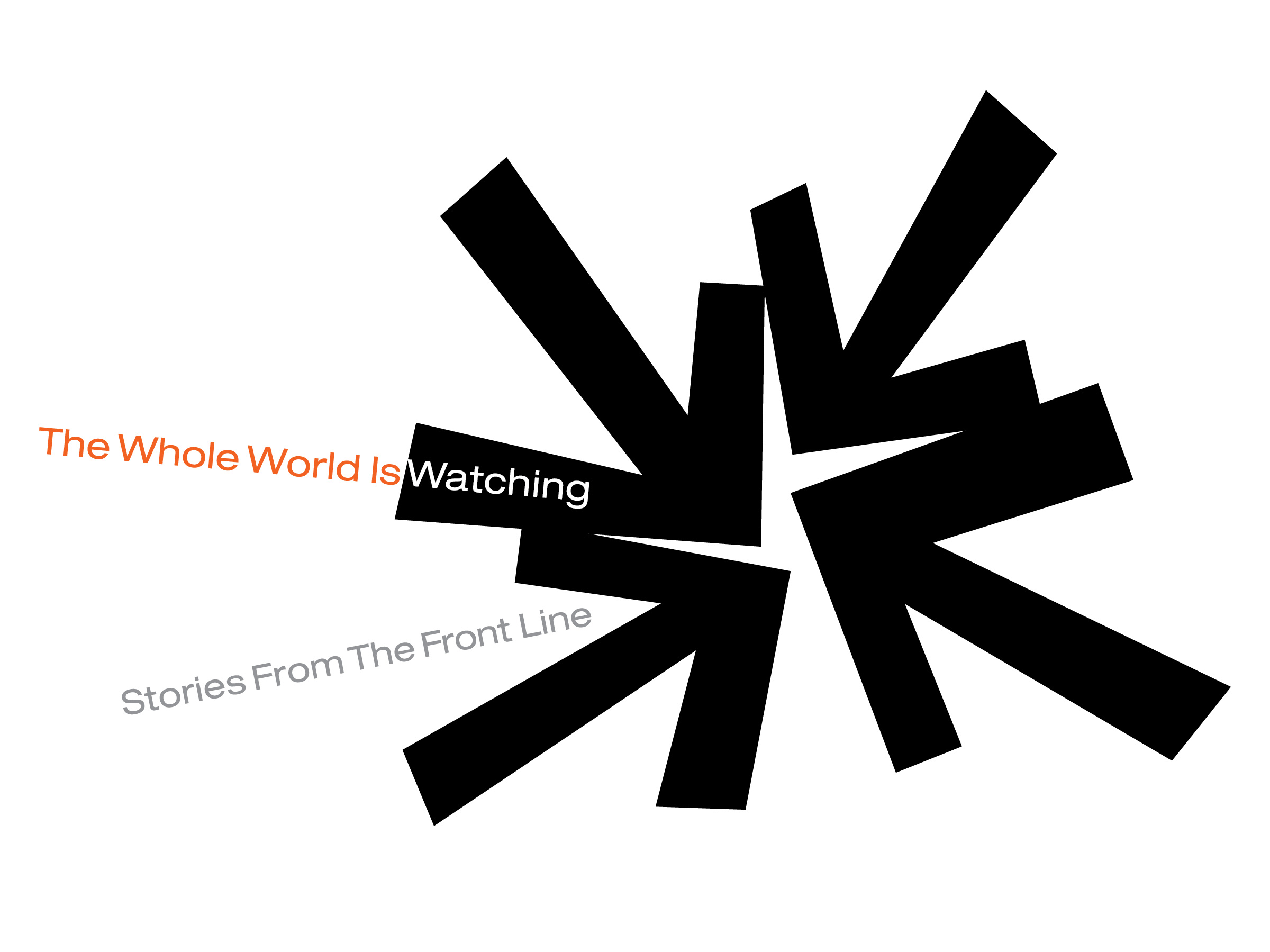
Chicago Film Archives is pleased to present four films from The Film Group, a Chicago production company whose cinema verite films pose questions about the society we lived in then – questions that resonate in our world now.
Along with the short films, a panel of Chicagoans who were there – journalists, filmmakers, and activists – will share their own stories of the 1968 convention.
In 1968, the United States was a nation in upheaval; and when the Democratic National Convention (DNC) came to Chicago that August, tensions were already high.
Protests against the Vietnam War were raging across the country, often pitting young people against the government. Graphic images of the war brought violence and death into American living rooms on a nightly basis.
Racial unrest was rampant throughout the country. Access to fair housing, education, and jobs for Black Americans were all on the line. The civil rights movement had been gaining momentum, but in the months leading up to the convention, the assassinations of Dr. Martin Luther King Jr. and Robert F. Kennedy left the nation reeling and shocked. In many US cities, racial tensions boiled over into riots on the streets.
The Democratic Party was deeply fractured. Whoever they nominated would face Richard Nixon in an election that would be a de facto referendum on the Vietnam War and the direction our country would take.
With so much at stake, hippies, yippies and other activists from across the country came to Chicago to protest the war and demand change. What happened when they gathered here, including the “police riot” that ensued, made history. As they were arrested and beaten in what came to be known as “the battle of Michigan Avenue,” the protestors chanted “the whole world is watching.”
Special thanks to Brave New Pictures and Margie Newman for their help documenting and organizing this program.
THE FILMS
All four films will screen on 16mm.
The Right to Dissent: A Press Conference, 1969 (9min. 20 sec)
Social Confrontation: The Battle of Michigan Ave., 1969 (11min. 30 sec)
Law and Order vs Dissent, 1969 (11min. 40 sec)
Police Power and Freedom of Assembly: The Gregory March, 1969 (7min. 35 sec)
CONVERSATION PARTICIPANTS
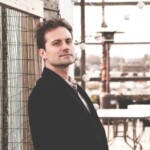 Zayd Ayers Dohrn (Moderator)
Zayd Ayers Dohrn (Moderator)
Writer and Professor in the Department of Radio/Television/and Film at Northwestern University.
Zayd Ayers Dohrn is an award-winning playwright and screenwriter, and the creator, writer, and host of the narrative podcast series Mother Country Radicals, which won the DuPont-Columbia Journalism Prize and the Award for “Best Audio Storytelling” at the Tribeca Film Festival. Zayd’s plays have premiered off-Broadway, across the country, and internationally. Honors include the Horton Foote New American Play Prize, the Edgerton Foundation New Play Award, the Kennedy Center’s Jean Kennedy Smith Award, the Sky Cooper American Playwriting Prize, Theatre Master’s Visionary Playwright Award, and Lincoln Center’s Lecomte du Nouy Prize. Zayd is a Professor of Radio/TV/Film at Northwestern University and Director of the MFA in Writing for the Screen + Stage. www.zayddohrn.com.
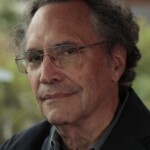 Gordon Quinn
Gordon Quinn
Co-Founder and Sr. Advisor Kartemquin Films, 1968 protestor.
Gordon Quinn is the founder and Senior Adviser of Kartemquin Films. He was the executive producer of the Oscar-nominated documentaries Edith and Eddie, Abacus, and Minding the Gap. Other producer credits include Home for Life, Inquiring Nuns, Taylor Chain, The Last Pullman Car, Golub, Hoop Dreams, Vietnam, Long Time Coming, Stevie, In The Family, Refrigerator Mothers, Milking The Rhino, and The New Americans. Recently he directed For the Left Hand, Prisoner of Her Past, A Good Man and ’63 Boycott, the latter shortlisted for an Oscar nomination. Documentaries he executive produced include, The Interrupters, The Trials of Muhammad Ali, Dilemma of Desire, Raising Bertie, Life Itself, Represent, and Finding YingYing. Quinn helped create the “Documentary Filmmakers’ Statement of Best Practices in Fair Use”. He is a longtime advocate for public media, fair use, documentary ethics, and the role of the documentary in a democracy.
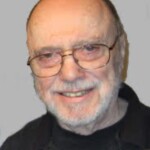 Don Rose
Don Rose
Veteran Journalist and Political Advisor, 1968 National Mobilization Committee to End the War in Vietnam.
Don Rose is an award-winning journalist, political consultant and progressive activist. He was spokesman for Dr. Martin Luther King, Jr. in Chicago and for the National Mobilization Committee to End the War in Vietnam during the 1968 Democratic National Convention, where he is credited with having coined the phrase “the whole world is watching.”
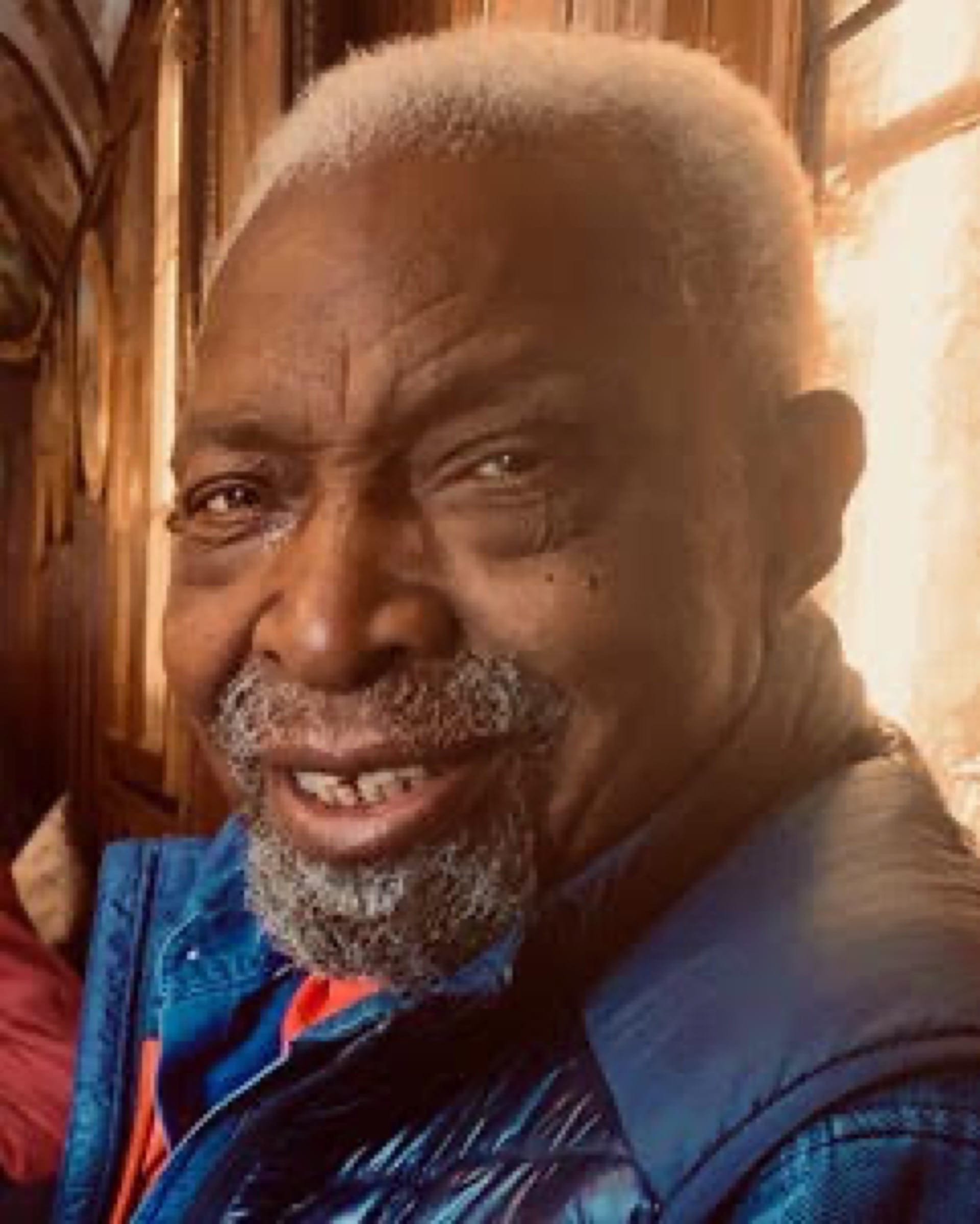 Don Johnson
Don Johnson
Journalist and writer, Newsweek correspondent at the 1968 convention.
Don Johnson arrived in America from the Republic of Honduras just in time to see the Brown vs. Board of Education decision by the U.S. Supreme Court struggle to come to life; then the lynching of Emmet Till and the emergence of the modern Civil Rights Movement. He attended George Washington High School in New York City, where he served as Sports Editor of the school newspaper, The Cherry Tree.
The Bedford-Stuyvesant section of Brooklyn was home, but his mother’s determination to find a better high school culminated in Washington Heights, an upper Manhattan neighborhood. It took three different trains each way. What saved him was the six daily newspapers published in the city. Over the next three years, he read them all, every day.
He enlisted in the U.S. Air Force after high school, started taking college courses at Long Island University Extension, and after being honorably discharged attended the University of Massachusetts at Amherst. He was Features editor and Editorial editor of the college newspaper, The Collegian.
After college and a rigorous internship under the guidance of Gene Graham, he was hired as a police reporter for the Boston Globe newspaper. Graham was national affairs reporter for the Nashville Tennessean newspaper and winner of a Pulitzer Prize. He was on a Nieman Fellowship at Harvard.
In April of 1968, on the night of the day Dr. Martin Luther King was shot and killed in Memphis, Don arrived in Chicago as domestic correspondent for Newsweek Magazine.
Chicago was in flames. He covered the “King riot” in Chicago, and preparations for the Democratic National Convention of 1968, the Convention itself and the subsequent trial of the Chicago 7 (originally 8), the murder of Illinois Black Panther chairman Fred Hampton and the Weatherman demonstration on Michigan Avenue, (after which the group went underground), among other stories.
In 1969 he was assigned to the Newsweek Bureau in Rio de Janeiro, Brazil, covering Latin America, and in 1971 was assigned to the Vietnam Bureau of Newsweek Magazine in Saigon.
He returned to Chicago in 1972 to work with his best friend, photographer P. Michael O’Sullivan on the book,” Patriot Graves: Resistance in N. Ireland.”
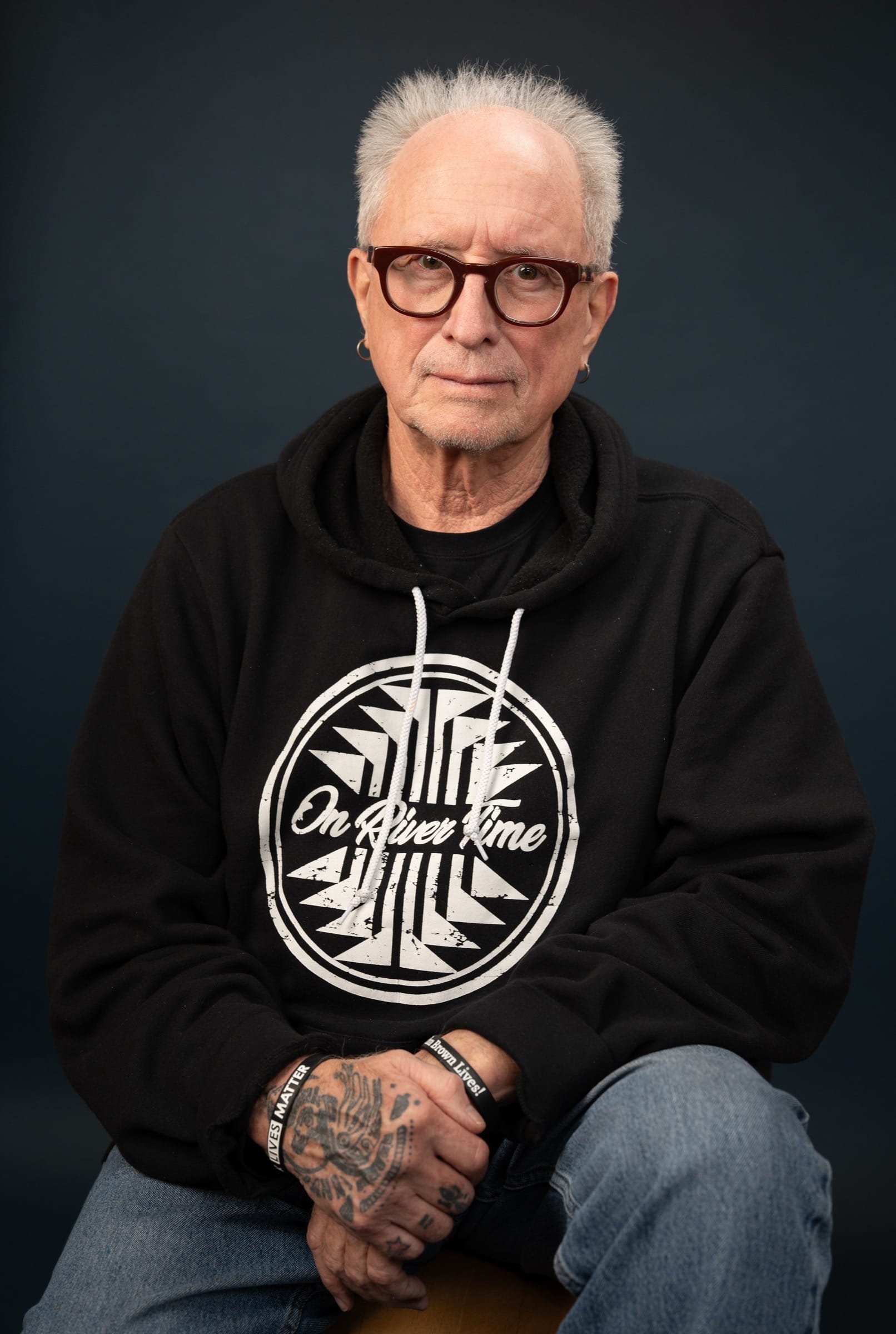 Bill Ayers
Bill Ayers
Students for a Democratic Society Activist.
William Ayers, formerly Distinguished Professor of Education at the University of Illinois at Chicago (UIC) has written extensively about social justice and democracy, the cultural and political contexts of schooling, and teaching as an essentially intellectual and ethical enterprise. His books include Teaching toward Freedom; Fugitive Days: A Memoir; Public Enemy: Confessions of an American Dissident; To Teach: The Journey, in Comics; and Demand the Impossible: A radical manifesto.

